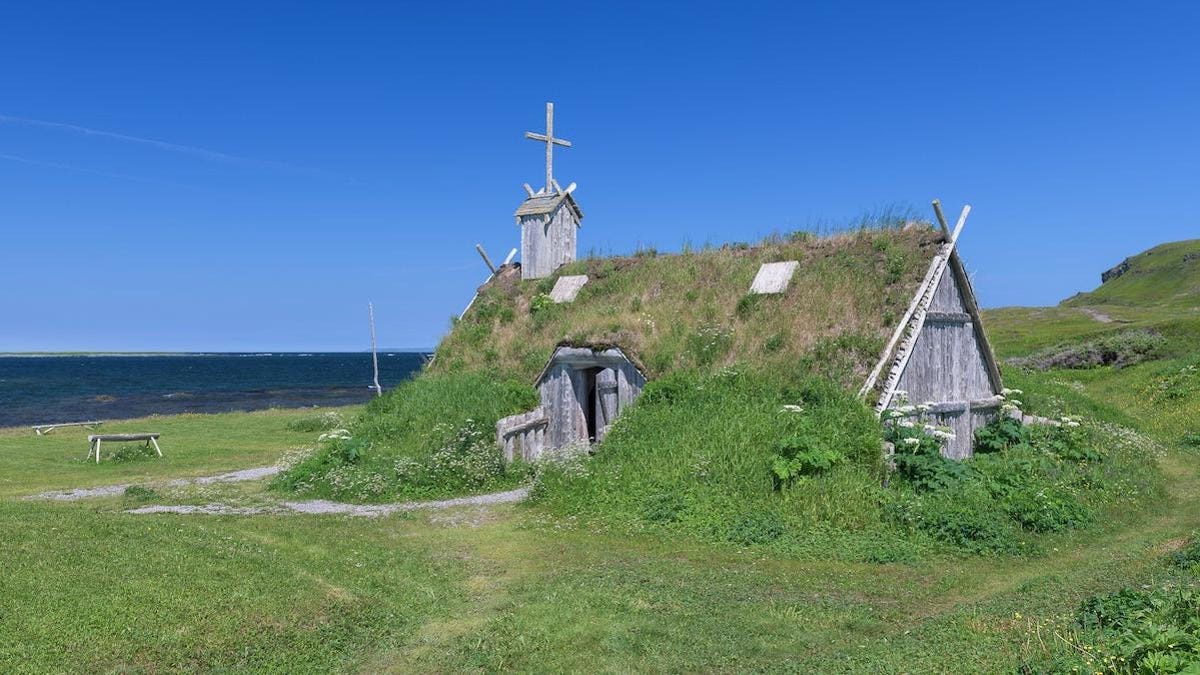Inter-Faith marriage exist in that form by that time and allowed by the regional authorities (the Pope or Patriarch)?The Kingdom of Poland and the Grand Principality of Kiev would take turns in which member of the royal couple they would vote the enthronement of, meaning in theory there would always be either a catholic Polish king married to an orthodox Rus' grand princess or an orthodox Rus' grand prince married to a catholic Polish queen.
What do you do if there is a conflict fight between the two dynasties-families with different interests? Or lack of heirs-potential marriages that meet these characteristics?
I will be honest, I don't have all the knowledge in the matter.Novgorod would likely be the only part of the union coming into it with that kind of handicap.
But, it isn't a systematic problem then? That would mean a serious problem in the union and the region?
What about Polish abuse then, or just a better Rus state (like Moscow did OTL) taking lands from others, just because is a better state in military-administrative matters.
You can't have nominal power and have great actual power without the structure for it. Being state structure or military structure.They would all still be under the nominal authority of the Grand Prince of Kiev, whose actual power would have increased substantially, compared to the lows it had reached on the eve of OTL's Mongol invasion of Russia.
Nominal power still nominal, and a problem.
Furthermore, the weakening of the Grand Prince-Grand Duke of Kiev was already occurring in the 12th century, not with the Mongol Invasion (of the XIII/13th century).
Because the more powerfull people put allies in the throne, not like before, were the most influent Rurik Prince got the throne, that was the most prestigious.
More population probably means that there is only a larger human resource base, which the Rus states can use for various purposes.
Among these purposes, fight each other.
Aside, 'Rus of Kiev' wasn't exactly a thing.
Rus means, lands of the Rus. Kiev was just the bigger center of power of the time, and Rus of Kiev is a historiography term.
So all Rus states were really independent from one and other.
Last edited:

